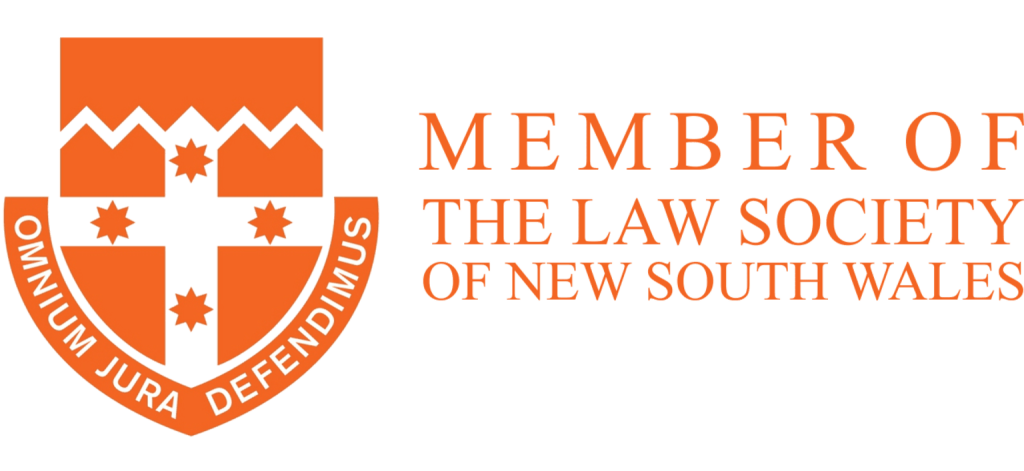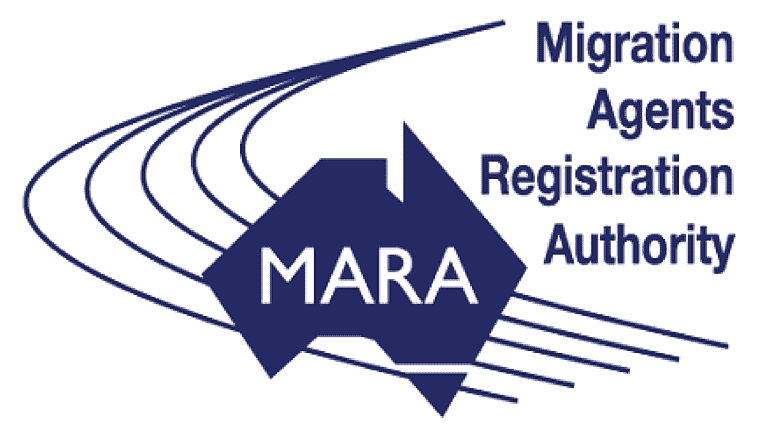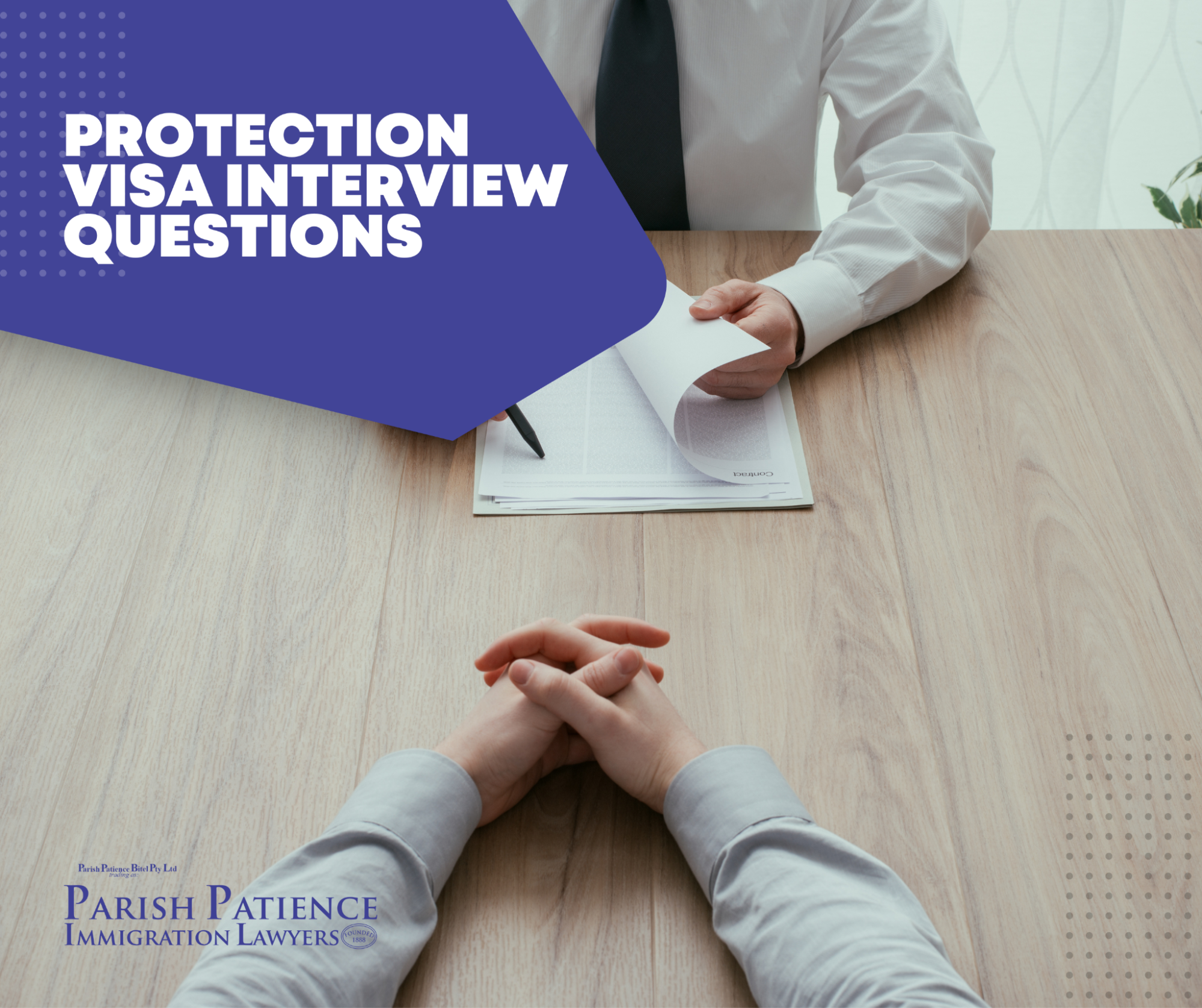Dealing with the intricacies of refugee and humanitarian visas in Australia requires professional expertise and
empathy—qualities that Parish Patience has been practising for well over a century.
Here are key reasons why enlisting our help can make all the difference in your humanitarian visa application:
Expert in All things Australian Immigration
Parish Patience comprises a team of exceptional and highly dependable lawyers and agents for all things Australian immigration, including humanitarian visa processing. Our deep understanding means we can expertly deal with and handle the regulations, policies, and procedures with ease. As such, we can ensure your application 100% satisfies the necessary legal standards.
Personalised Approach
We fully recognise that behind every application is a one-of-a-kind story. This is the very reason why our approach at Parish Patience is highly personalised. We take the time to understand your specific situation, your fears, hopes, and dreams. Our detailed understanding of your circumstances allows us to tailor our advice and services to suit your individual needs accordingly.
High Success Rates
Our track record of successful visa applications attests to our skill and dedication. Our high success rates are the result of diligent preparation, a thorough understanding of the law, and relentless advocacy on behalf of our clients. We treat each case with the utmost importance, and you can count on our expertise to enhance and maximise your application’s chance of success.
Committed and Compassionate Support
Your humanitarian visa application in Australia can be a challenging journey filled with uncertainty. With Parish Patience, you’ve got yourself a committed and compassionate legal supporter throughout your application from consultation to visa decision. We’re here to address all your questions, offer tailored guidance, and provide reassurance to make you feel you’re not in this alone.
Ethical and Transparent Practices
Integrity is a company’s core value that guides everything we do. We strive to always uphold the highest ethical standards by delivering transparent and honest advice from the very start. Our communication is clear, jargon-free, and straightforward to make sure you understand every aspect of your application and the process ahead.
Innovative Solutions and Strategic Planning
Immigration laws and regulations in Australia constantly change, and staying ahead couldn’t be more important. Our team stands out for its strategic approach and
planning in solving complex visa issues. We ensure that every avenue for your successful visa application is explored. Our team combines years of experience to make the seemingly impossible possible.




















